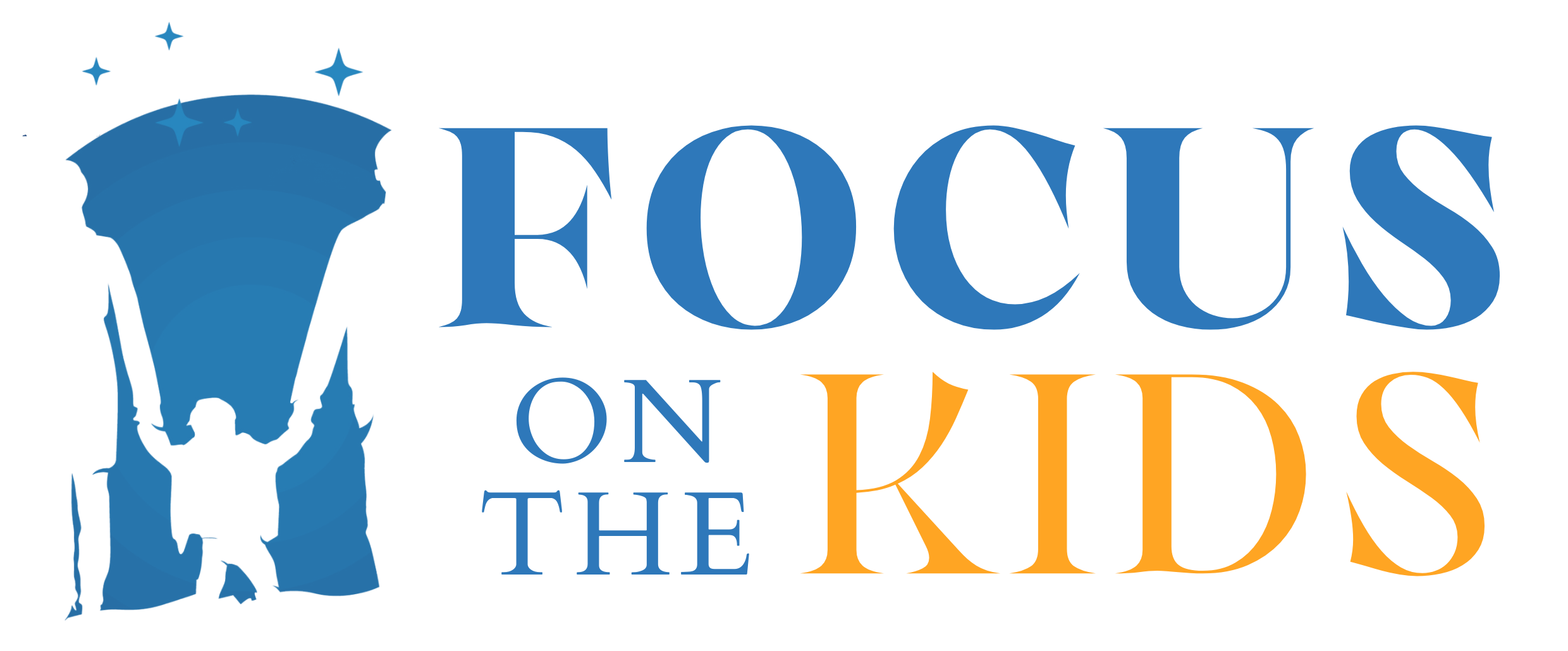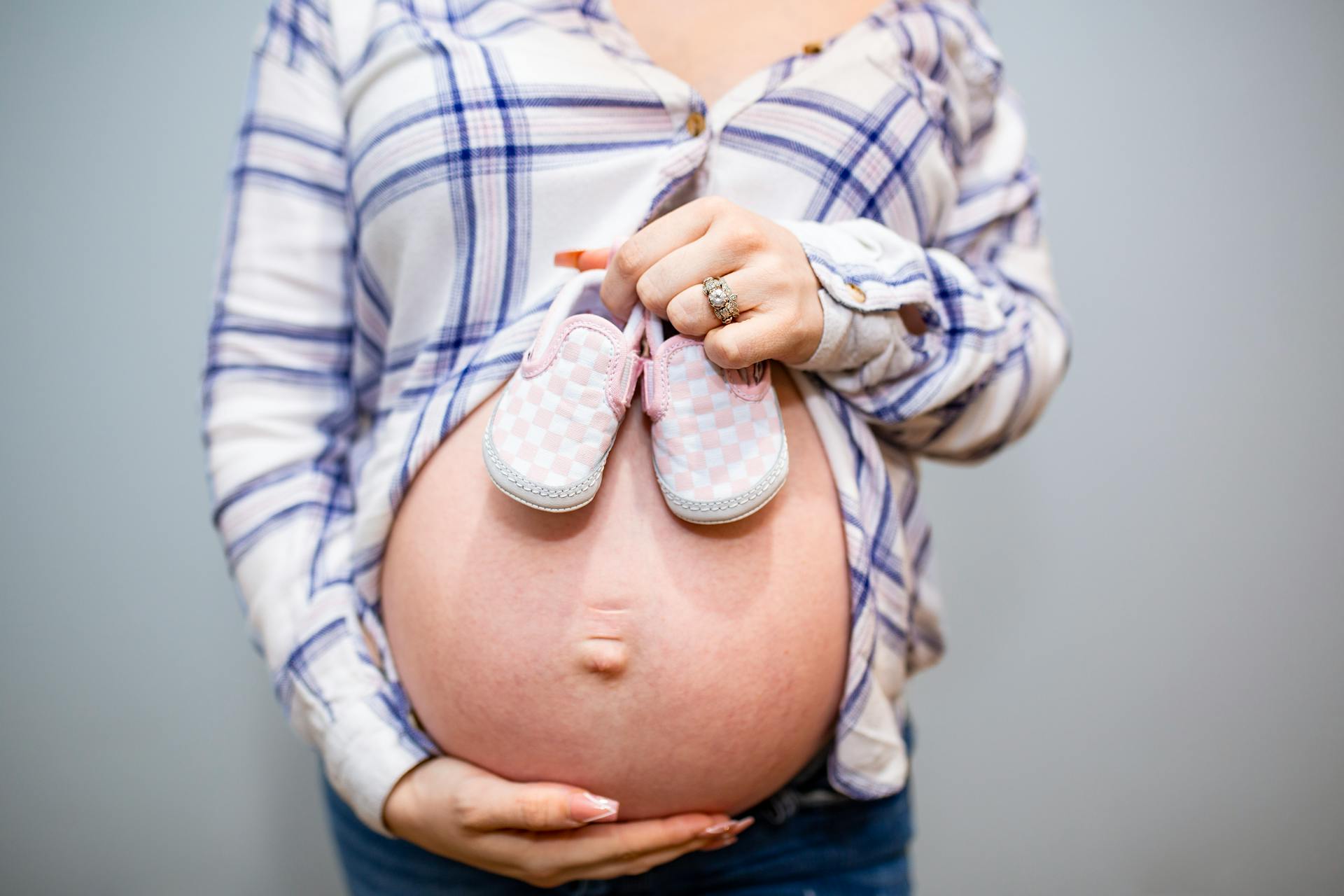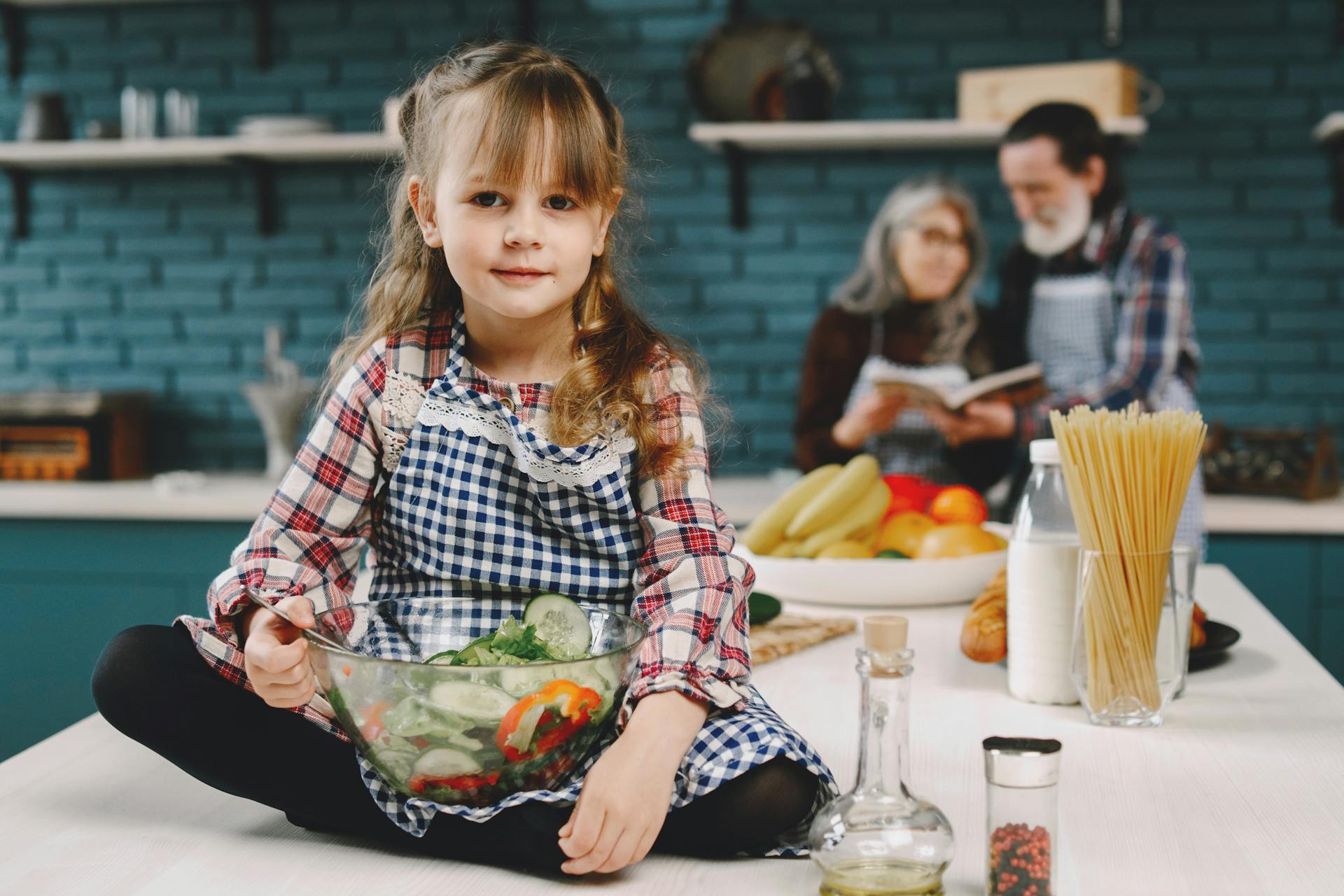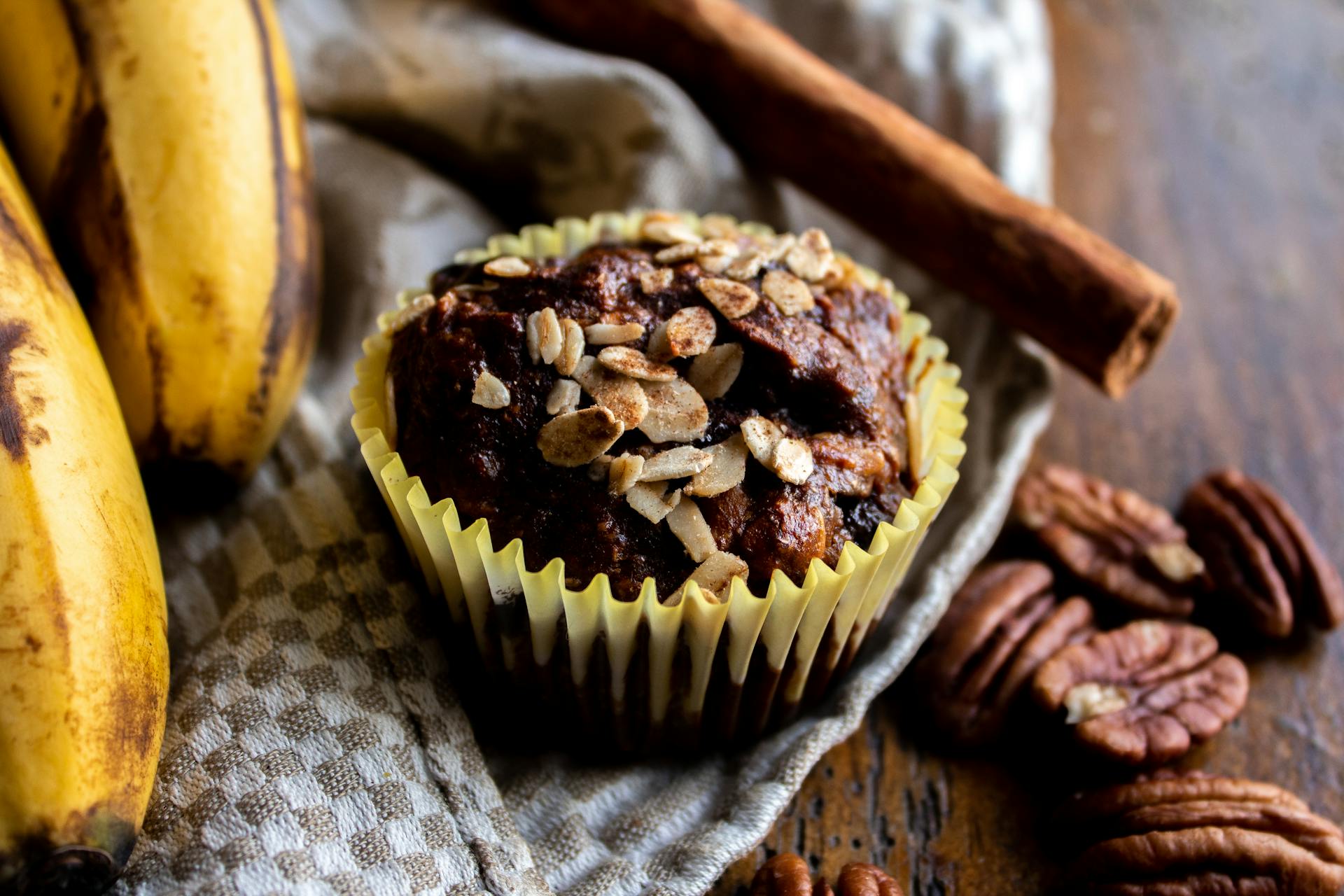Introduction
Pregnancy is a time of incredible transformation, and what you eat plays a significant role in both your health and your baby’s development. A well-balanced diet packed with essential nutrients ensures a smooth pregnancy and a healthy baby. But with so much information out there, knowing what to eat can be overwhelming. Don’t worry! We’ve got you covered with a list of the 15 best foods to eat while pregnant.
Why Nutrition is Crucial During Pregnancy
Your body undergoes many changes during pregnancy, increasing the demand for vital nutrients like folic acid, iron, calcium, and protein. Eating nutrient-dense foods helps prevent complications like gestational diabetes, anemia, and low birth weight. Plus, a good diet can keep your energy levels high and reduce common pregnancy symptoms like nausea and fatigue.
Proper nutrition also supports the baby’s brain, bone, and immune system development. Certain vitamins and minerals, such as folic acid, play a crucial role in preventing birth defects, while omega-3 fatty acids contribute to the development of the baby’s nervous system.
1. Eggs: A Powerhouse of Nutrients
Eggs are a complete source of protein and contain essential nutrients like choline, which is vital for the baby’s brain development. They also provide vitamin D, which helps in calcium absorption and bone growth. Eating eggs regularly supports the production of new cells and tissue growth, making them an excellent choice for expecting mothers.
2. Leafy Greens: Essential Vitamins and Minerals
Spinach, kale, and Swiss chard are packed with iron, folic acid, and calcium. These vegetables help reduce the risk of birth defects and promote healthy blood production. Their fiber content also helps prevent constipation, a common pregnancy issue.
3. Dairy Products: Calcium and Protein for Bone Health
Milk, cheese, and yogurt are rich in calcium, which is crucial for fetal bone development. Greek yogurt is particularly beneficial because it contains probiotics that support digestion and gut health. Adequate calcium intake prevents maternal bone loss and ensures strong bones for the baby.
4. Salmon: Omega-3 Fatty Acids for Baby’s Brain Development
Salmon is an excellent source of DHA and EPA, essential for the development of the baby’s brain, eyes, and nervous system. Eating low-mercury fish like salmon twice a week is recommended. Omega-3s also help reduce inflammation and lower the risk of preterm labor.
5. Lean Meat: Iron and Protein for Energy
Iron is essential to prevent anemia during pregnancy. Lean meats like chicken, turkey, and beef provide high-quality protein and heme iron, which is easily absorbed by the body. Iron supports the increased blood volume necessary for oxygen delivery to the baby.
6. Lentils and Beans: Fiber and Folic Acid for Growth
Lentils, black beans, and chickpeas are loaded with protein, folate, and fiber. They support baby development and aid in digestion, preventing constipation. Folate is critical for neural tube development, reducing the risk of birth defects like spina bifida.
7. Avocados: Healthy Fats and Folate
Avocados are rich in folic acid, vitamin K, and potassium. Their healthy fats help in brain development and may ease pregnancy-related leg cramps. The monounsaturated fats also help in the absorption of fat-soluble vitamins like A, D, E, and K.
8. Berries: Antioxidants for Immunity
Berries such as strawberries, blueberries, and raspberries are packed with vitamin C and antioxidants, which protect cells from damage and boost the immune system. They also help keep the skin healthy and hydrated, reducing pregnancy-related skin issues.
9. Sweet Potatoes: Beta-Carotene for Baby’s Eyesight
Sweet potatoes contain beta-carotene, which converts into vitamin A, essential for the baby’s eye, skin, and immune system development. They also provide slow-releasing carbohydrates, which help sustain energy levels.
10. Nuts and Seeds: Essential Healthy Fats
Almonds, walnuts, and flaxseeds offer omega-3 fatty acids, protein, and fiber. They are an excellent snack for sustained energy and heart health. Walnuts, in particular, are great for boosting cognitive function and reducing inflammation.
11. Whole Grains: Sustained Energy and Fiber
Oats, brown rice, and quinoa provide complex carbohydrates, B vitamins, and fiber, helping to maintain stable blood sugar levels. Whole grains are also rich in magnesium, which supports muscle function and helps reduce cramps.
12. Bananas: Potassium for Reducing Cramps
Bananas are high in potassium, which helps prevent leg cramps, a common issue during pregnancy. Their natural sugars provide an instant energy boost, making them a great snack choice.
13. Greek Yogurt: Probiotics for Digestive Health
Rich in protein and probiotics, Greek yogurt improves digestion, strengthens immunity, and supports gut health. Probiotics help maintain a balanced gut microbiome, which is crucial for nutrient absorption.
14. Oranges: Vitamin C for Absorbing Iron
Vitamin C in oranges enhances iron absorption, reducing the risk of anemia. Oranges also keep the body hydrated due to their high water content, making them a refreshing snack.
15. Dark Chocolate: A Tasty Mood Booster
Dark chocolate contains flavonoids and magnesium, which help reduce stress and promote relaxation. Studies suggest that moderate chocolate consumption may improve mood and lower blood pressure during pregnancy.
Conclusion
Eating a well-balanced diet during pregnancy is crucial for both mother and baby. By incorporating these 15 nutrient-rich foods, you ensure proper development, reduce pregnancy risks, and support overall health. Always consult a doctor for specific dietary advice.
FAQs
1. Can I drink coffee while pregnant?
Yes, but limit caffeine intake to 200 mg per day (about one cup of coffee) to avoid negative effects on fetal growth.
2. How can I prevent morning sickness?
Eating small, frequent meals and consuming ginger or lemon-based drinks can help reduce nausea.
3. Are there vegetarian options for protein during pregnancy?
Yes, beans, lentils, tofu, nuts, and dairy products provide sufficient protein for a vegetarian pregnancy.
4. What’s the best way to get enough iron?
Include iron-rich foods like red meat, spinach, and fortified cereals, and pair them with vitamin C sources for better absorption.
5. Can I take prenatal vitamins instead of eating nutritious foods?
Prenatal vitamins supplement a healthy diet but should not replace nutrient-rich foods.
















